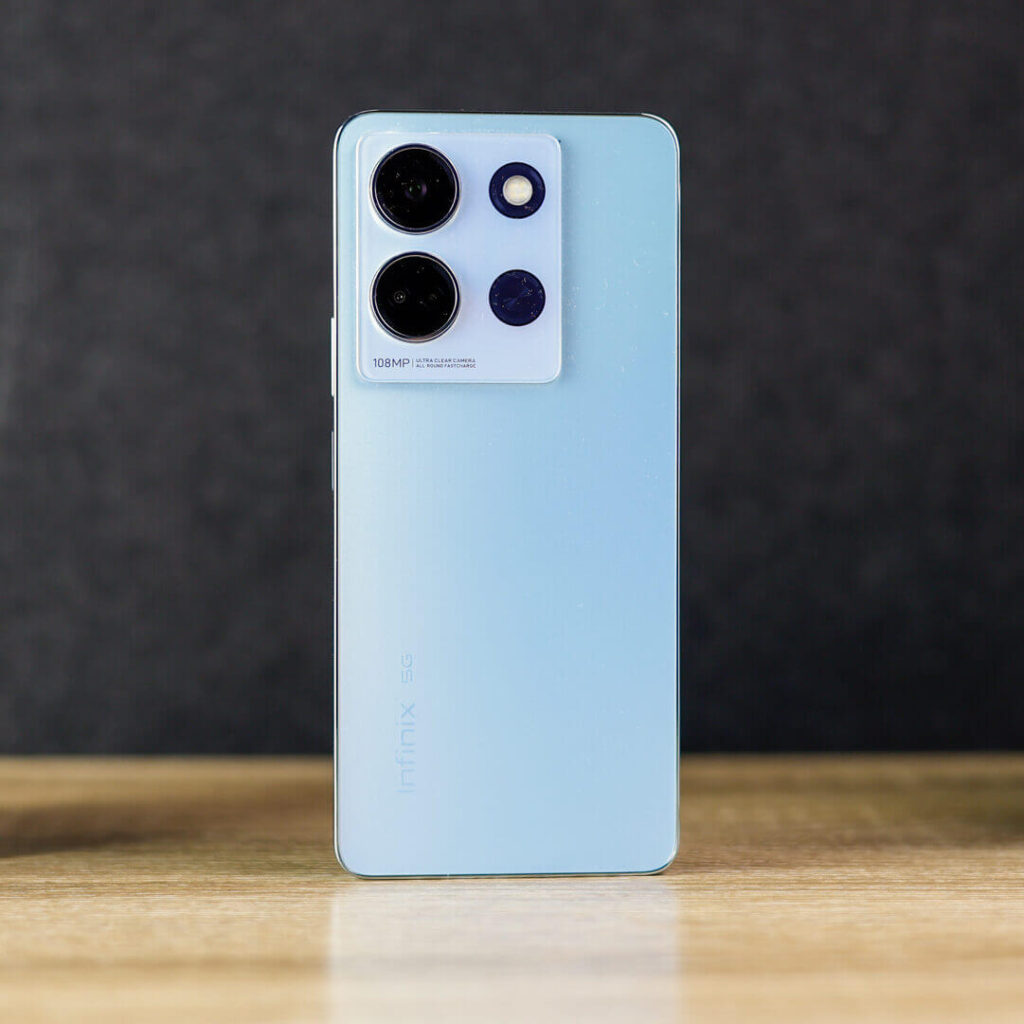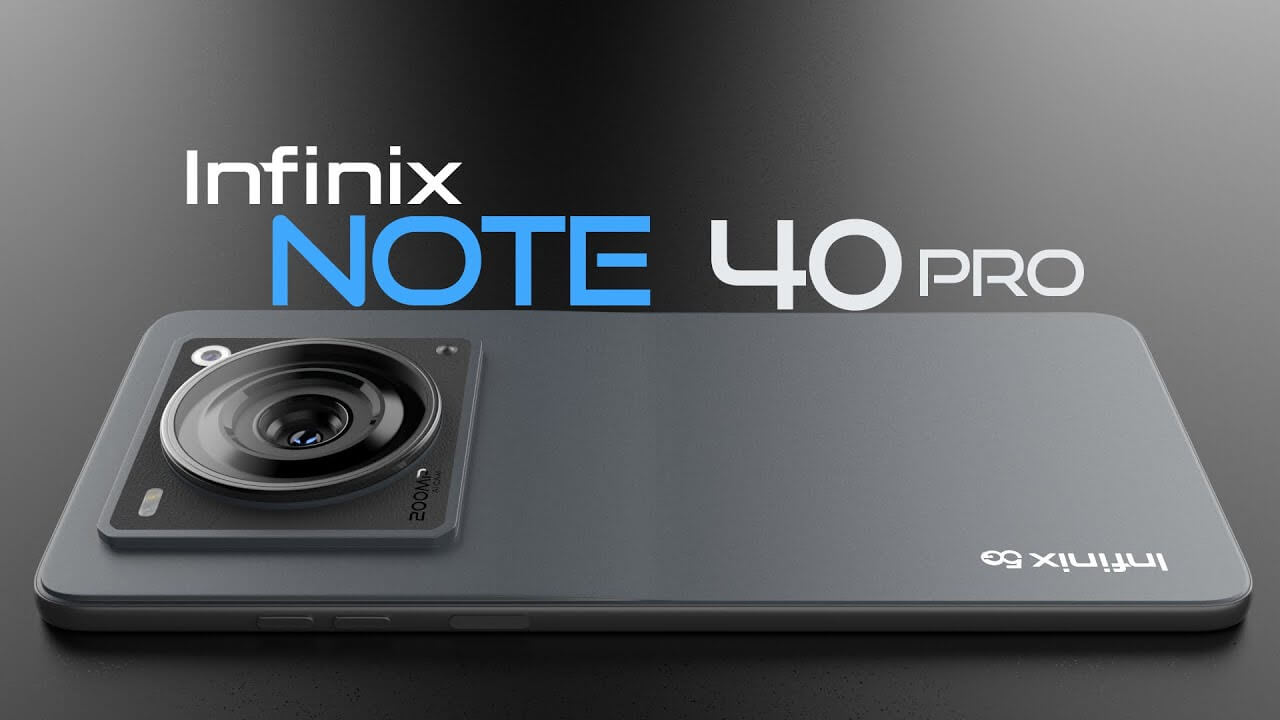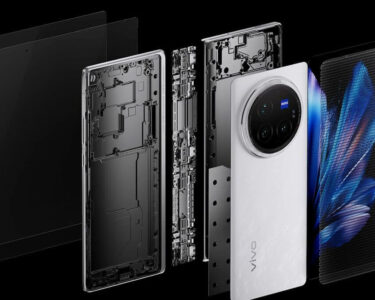Smartphone manufacturer Infinix is looking to make a splash with the launch of its Note 40 series. But the new phones aren’t just about the latest design or camera specs. The biggest highlight might be what’s under the hood: Infinix’s very own Cheetah X1 chipset. This in-house development marks a significant step for Infinix, aiming to deliver faster charging speeds and improved security features for users.

A Farewell to Slow Charging?
One of the most talked-about features of the Cheetah X1 is its focus on charging. Infinix claims the chip will power the “All-Round FastCharge 2.0” technology within the Note 40 series. This translates to:
- Blazing-Fast Wired Charging: Reports suggest the Cheetah X1 can support wired charging speeds of up to 100W. This significant improvement over previous Infinix phones could significantly reduce charging times, allowing users to get back to using their devices quickly.
- Wireless Charging on the Go: The All-Round FastCharge 2.0 also encompasses wireless charging capabilities. While specific details haven’t been revealed yet, Infinix’s announcement hints at potentially fast wireless charging options.
- Intelligent Power Management: The Cheetah X1 is said to feature intelligent power distribution and real-time monitoring. This can optimize charging cycles, potentially extending battery life and reducing the risk of overheating.
Security Gets a Boost
Security is another area where the Cheetah X1 promises advancements. Details are still limited, but Infinix mentions a “63-level safety shield” integrated within the chip. This suggests a multi-layered security approach that could include:
- Hardware-Based Security: The chip itself might be equipped with features to safeguard sensitive user data and prevent unauthorized access.
- Enhanced Encryption: The Cheetah X1 could utilize robust encryption methods to further protect user information stored on the device.
- Improved Malware Detection: The chip might work in conjunction with the phone’s software to better identify and prevent malware threats.
The Rise of In-House Chipsets
Infinix’s foray into chip development is part of a growing trend. Smartphone manufacturers are increasingly looking to design their own chipsets, aiming for greater control over performance, features, and cost. This approach could lead to:
- Customization: Developing in-house chips allows manufacturers to tailor them to the specific needs of their devices.
- Differentiation: Unique chipsets can give manufacturers a competitive edge by offering features or performance not found in rival phones.
- Cost Optimization: While initial investment can be high, long-term, producing their own chips could potentially lead to cost savings for manufacturers.
Looking Ahead: The Cheetah’s Impact
The launch of the Cheetah X1 chipset is a significant development for Infinix. Whether it lives up to the hype of faster charging, enhanced security, and a more competitive edge in the market remains to be seen.
Here are some key questions for the future:
- Performance Benchmarks: Independent testing will be crucial to evaluate the Cheetah X1’s real-world performance compared to established chipsets from Qualcomm or MediaTek.
- Integration and Optimization: How well will the Cheetah X1 integrate with the software and hardware of the Note 40 series for optimal performance?
- Future of the Cheetah Line: Will Infinix build upon the Cheetah X1 and develop a line of chipsets for future phone models?
The Infinix Note 40 series launch with the Cheetah X1 chipset is a bold move. If successful, it could pave the way for a new era of innovation within the company and challenge the dominance of established chipset manufacturers. Tech enthusiasts will be watching closely to see if the Cheetah can truly outrun the competition.





